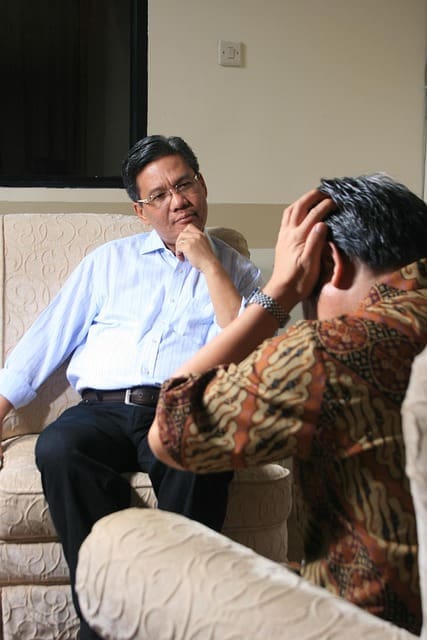Addiction recovery clinics are crucial for anyone who needs to get clean and stay that way. An addiction often rules the life of an addict, and without support, they may find themselves back in the same cycle of relapse over and over again. Treatment for opioid addiction can take many forms, last for extended periods, and vary depending on the patient’s specific needs.
At a suboxone clinic, patients can find help with opioid addiction issues and learn how to manage their triggers and cravings. They will also be able to find the tools they need to overcome their addiction once and for all. The opioid addiction recovery clinics help addicts using the following strategies.
1. Providing Social Support
There are different ways of providing social support. One way is through group therapy sessions, where patients can talk with others in similar situations. Another way is through individual counseling sessions, where a patient can get help and support from a trained professional. Social support aims at helping patients build healthy relationships with other people who are not involved in their addiction. This enables them to form networks of people who can help them remain sober after discharge and healthily continue their lives.
2. Providing Professional Treatment for Addiction
Opioid addiction clinics provide a safe place where patients can receive treatment for their addiction without facing the social stigma or legal consequences that often come with addiction. Opioid addiction is a severe problem and requires serious professional treatment.
At addiction facilities like Ledgehill Treatment Centre, patients struggling with opioid addiction can receive comprehensive treatment from a team of qualified professionals. These professionals include doctors, therapists, nurses, and other healthcare professionals who will work together to help patients achieve sobriety and reclaim their lives.
3. Providing Medical Care for Addiction
The first step in treating opioid addiction is providing medical care to stabilize the patient’s physical and mental health. This may include treating any underlying diseases and managing chronic conditions the patient may have developed while using opioids. Drugs used to treat opioid addiction aid in recovery by helping to restore normal brain chemistry, reducing cravings, and occasionally delaying the onset of withdrawal symptoms.
Once this initial phase of treatment is complete, behavioral therapy can begin. Behavioral therapy addresses the causes of addiction to opioids. It helps patients learn how to avoid relapse by applying new skills and techniques to avoid situations where they are likely to use drugs again.
4. Providing Emotional Support
Opioid addiction is a chronic condition requiring long-term treatment to recover fully. So opioid addiction treatment clinics need to be equipped with a range of resources that can be used to help patients manage their emotions and lives on an ongoing basis. Emotional support is essential to recovery because it helps patients feel less alone and more connected with others who have been through similar experiences. It also helps them learn coping techniques that will help them avoid relapsing after leaving the clinic.
Drug addiction is an epidemic, and it’s important to know the signs of addiction. If you or someone you know is struggling with opioid addiction, please seek help as soon as possible. Addiction can be treated, much like the majority of chronic disorders. Recovery is feasible, and assistance is accessible, even though no one therapy approach is ideal for everyone. The treatment options available today can be very effective at helping people overcome addictions and get their lives back on track.
Featured Image by Tiyo Prasetyo from Pixabay




